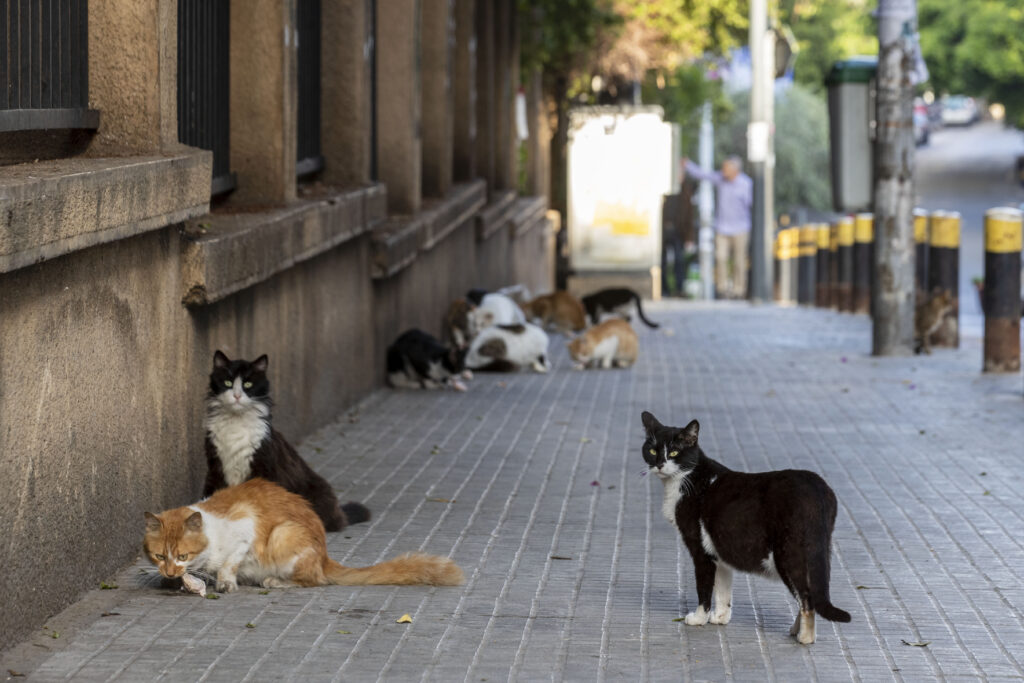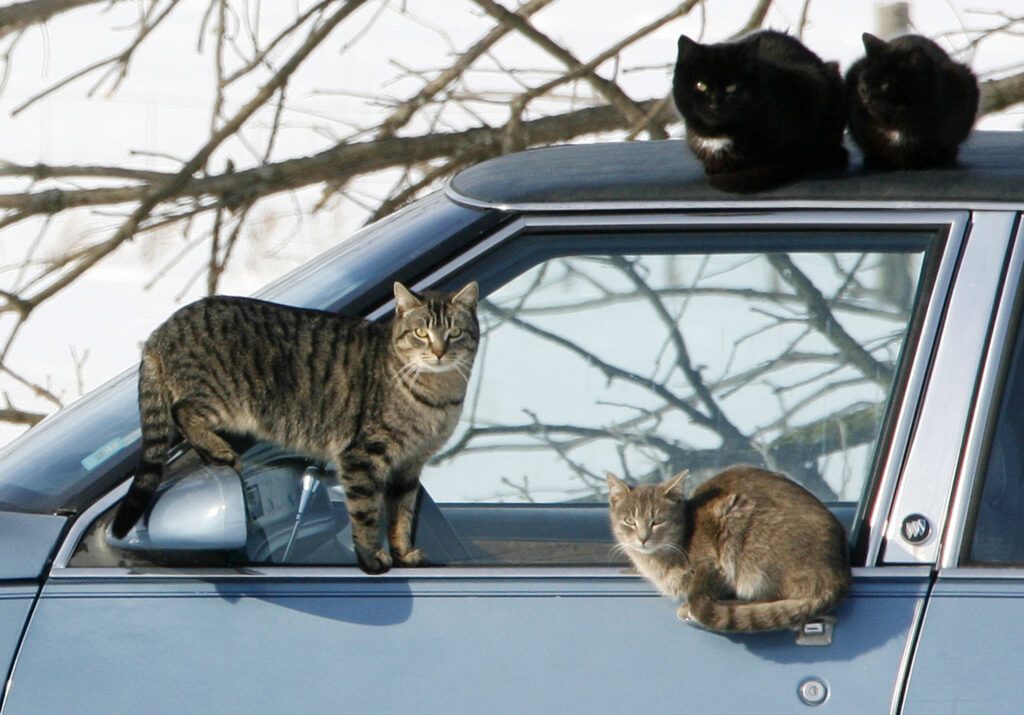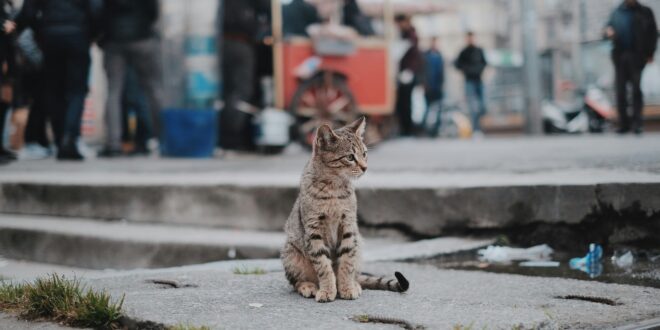By: Brandon Ngeth
CHATTANOOGA, TENN. (mocsnews.com) – There has been an increasing number of feral and stray cats throughout the city of Chattanooga and the surrounding areas. Despite many trying their best to help these strays in various ways from feeding or capturing and rehoming. If the correct steps are not taken to prevent further population growth of the stray cat population their help might just make the problem worse. Large colonies of cats can be very problematic for residents through property damage or noise. Rith, a local Chattanooga resident says, The stray cats around his home sometimes keep him up at night from the yowling. Other issues can arise for the stray cats and kittens themselves with things like carrying certain feline diseases and parasites. One of the most effective ways to deal with overpopulation is called “T.N.R”
T.N.R stands for Trap, neuter, return and is exactly what it means. T.N.R is the most effective way to decrease the number of stray and feral cat populations. This is done by humanely trapping the cats, having them either spayed or neutered, vaccinated, tipping of its ear and then returning them to the location they were found. While this is not an instant solution to overpopulation and does take some time it has been proven to work. A T.N.R study was conducted at the University of Florida over the course of 11 years where the number of cats on campus was reduced by 66% and not a single new kitten was born after the first four years of operation. Another example comes from Rome, Italy where over a 10 year period researchers observed the colony size decrease between 16 and 32%. Rith, also stated he would like to look into calling his local TNR organization to get the stray cats around his home spayed and neutered before things become any worse.

There are many other issues that come with large cat colonies other than the over population. Disease is one of the more problematic issues that is attributed to overpopulation. These cats carry and spread many different diseases like immunodeficiency viruses, leukemia, and panleukopenia to name a few. While these cats are not likely to harm you as you pass by they are more likely to cause property damage. Stray and feral cats commonly scent mark in and around the buildings where they seek shelter. Ashley P. A local Chattanoogan says “I love cats but sometimes It gets a little frustrating dealing with all the spraying around my porch.” This can be an issue due to the foul odor that is produced. Along with other possible damages to places like gardens or even vehicles that are not only a pain for us to deal with but also danger for the cats. Brooklynn, a student in Chattanooga said “Sometimes my car is covered in paw prints in the morning. I even have some scratches down my hood from the cats.” It is not uncommon for a cat to seek shelter in or around a warm vehicle which can be very dangerous for the cat when the car is started.

If you happen to be dealing with or come across a large feral or stray cat population the best thing you can do is search around for a local organization that practices TNR. In chattanooga there are a couple CHAFCA (Chattanooga Feral Cat Alliance) is one of them and they are a non profit organization that strives to not only humanely trap and release these cats but also provide information and educate people on how to deal with the cat population. Some of the things that are not recommended to do with a large colony of cats would be to completely remove the colony. This can often cause a “vacuum effect” where a secondary group of cats will move in due to the available resources and shelter. It is also best to refrain from attempting to re-home or house these cats. Most feral or stray cats are not well with people since they are so used to being outside. This will sometimes result in the cat scratching, biting or becoming destructive. So the next time you notice a new cat or two in your neighborhood, check to see if they have been TNRed. The easiest way is to look for one ear to be tipped (cut off at the top). If they have not, please call your local animal shelter or local TNR organization as soon as possible to help prevent further growth.
 Mocs News Reporting the news that matters most to UTC
Mocs News Reporting the news that matters most to UTC



